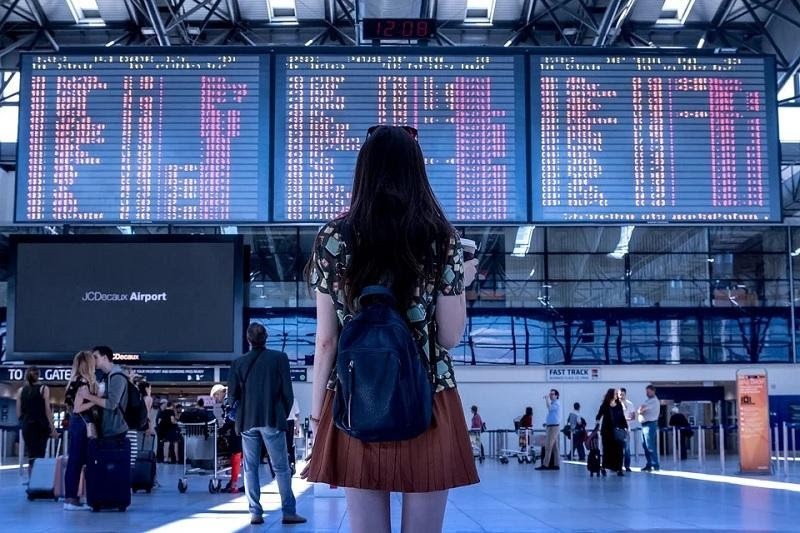
In 2020, hundreds of millions of people will travel around the world and their preferred mode of transport will be the airplane. Flying is the fastest and arguably most cost-effective mode of transport, especially for traveling long haul. While most people will fly this year, many will admit that they have complicated feelings about air travel.
There are some important things people want from flying. Probably the most important is the desire to find the most affordable airfare possible. By using a website like FlightHub, travelers can find the cheapest flights across airlines and destinations. Services like FlightHub have become important in finding the best flight deals.
While air travelers feel happy about finding cheap flights, their psychology around flying is much more confused. Below are three interesting aspects of flying and psychology.
Fear of Flying is Common, and It Costs Money
One of the most common fears people have is flying. It's right up there with heights and spiders on the list of most typical phobias. In fact, studies have shown 40 percent of Americans have a fear of taking to the skies. However, many of those people will put their fear aside and fly.
What most people with a fear of flying don't realize is their phobia can influence how much they pay for a ticket. These travelers usually point to the country's national carrier as their preferred airline, eliminating choice when they are shopping for a flight. Less choice means a flyer is more likely to choose a higher-priced ticket from a national carrier.
People with a fear of flying are also more likely to choose daytime and non-stop flights, which are usually the most expensive tickets.
You're Correct to be Angry about Waiting to Board a Plane
One of the most frustrating things about air travel is the queues. You must queue to check-in, queue to pass security and passport control, and then queue again to board the plane. It's this latter part of the airport waiting game that is especially frustrating for people.
Most airlines board planes from back to front, following the premium and priority seats. It is an inefficient way of boarding and can leave some passengers waiting longer than they should. The situation becomes more frustrating if you are further back in the line than where your seat is.
That's why you get bottlenecks in the plane aisles as people wait to get to their seat. You are right and hopefully, airlines can come up with a more efficient boarding method.
Seat Upgrades May Not Be That Good
It is the dream of most people when heading to an airport, the airline surprising you with a seat upgrade to business or first class. For those packed into the confines of economy, heading to first class may seem something you really want.
However, a 2013 study in the Journal of Travel Research discovered travelers who receive upgrades often feel guilty. They may be happy about the upgrade but cannot shake that nagging feeling of gaining something they did not earn. The study found the guilt would increase when the participant received an upgrade, but a traveling companion such as a family member did not.
Interestingly, the study found passengers who received a seat upgrade were less likely to travel with the same airline again.
© 2025 NatureWorldNews.com All rights reserved. Do not reproduce without permission.





